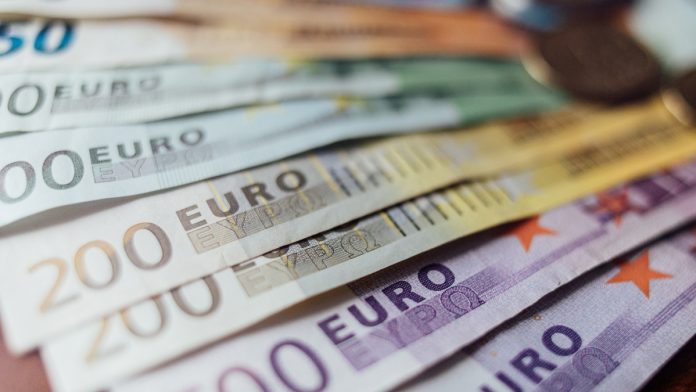- Pound (GBP) falls after dovish comments from BoE’s Bailey
- A March rate hike is not so clear cut
- Euro (EUR) rises on hotter-than-expected German inflation
- Eurozone inflation data is due
The Pound Euro (GBP/EUR) exchange rate is falling for a third straight day. The pair fell 0.79% in the previous session, settling on Wednesday at €1.1271 after trading in a range between €1.1237 – €1.1391. At 05:45 UTC, GBP/EUR trades -0.04% at €1.1266.
The pound fell in the previous session after a cautious message from Bank of England Governor Andrew Bailey and as manufacturing PMI data confirmed that the sector contracted at a slower pace in February than in January.
The BoE Governor warned that another rate hike in March wasn’t inevitable and even hinted that the central bank may have already come to the end of its rate-rising cycle. His comments led the market to question whether the rate rise this month was at clear-cut as initially thought.
In February, the BoE raised interest rates to 4% and signaled it was close to ending its rate of increases which had started in December 2021 ask that you can call me while showing signs of inflation easing.
The comments were in contrast to the hawkish remarks from policymaker Catherine Mann earlier in the week, who warned of pausing rate hikes too soon.
Today there is no high impacting UK economic data. Instead, attention will be on BoE policymaker maker Huw Pill who is due to speak again.
The euro advanced yesterday go to the expected German inflation data. The eurozone’s largest economy saw consumer prices rebound in February to 9.3% annually, defying expectations of a fall. The rate was 9.2% year on year in January.
The data comes after an increase in inflation in Spain and France earlier in the week and piled pressure on the European Central Bank to raise interest rates aggressively April the coming meetings.
Attention now turns to the eurozone inflation, which is expected to cool to 8.2% from 8.6%. However core inflation which strips out the more volatile items, such as food and fuel, is expected to hold steady at 5.3% after rising in January.





